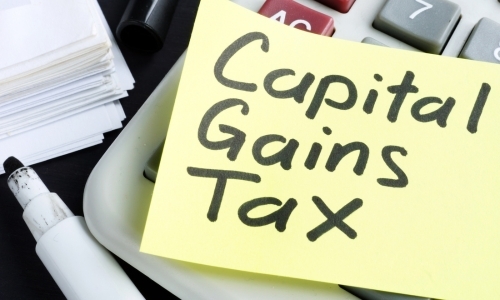
Capital Gains Tax: what property sellers need to know
When selling a second home, rental property, or buy-to-let investment, it’s easy to focus solely on the sale price. However, there are other financial factors to consider, particularly Capital Gains Tax (CGT). This tax applies to the profit made from selling a property that is not your primary residence. Understanding how CGT works can help you plan effectively and avoid any surprises when it comes to your tax bill.
How is Capital Gains Tax calculated?
CGT is calculated on the profit you make from selling the property, not the full sale price. For example, if you purchased a property for £200,000 and sell it for £300,000, your taxable gain would be £100,000. However, you can reduce this taxable gain with allowable costs, such as the purchase price, any improvement costs (but not maintenance), and professional fees like solicitor or estate agent costs.
Exemptions and allowances that can reduce your tax bill
In some cases, you may qualify for exemptions that reduce or eliminate CGT. For example, if the property you’re selling has been your primary residence for the entire period of ownership, you may be eligible for Private Residence Relief, which can exempt you from paying CGT altogether. However, if the property has been used for rental purposes or as a second home, you may not qualify for this relief.
It’s also important to keep track of your annual CGT allowance. Each tax year, there is a tax-free allowance for gains made, known as the annual exempt amount. For the 2025/2026 tax year, this allowance is set at £12,300. If your gains exceed this amount, CGT will apply to the excess.
Positive aspects of Capital Gains Tax for property owners
While CGT may seem daunting, there are ways to minimise your liability and take advantage of exemptions and allowances. If you’re selling a rental property or second home, understanding CGT can actually help you plan for the sale and avoid unexpected financial impacts. Additionally, certain improvements made to the property may be deducted, reducing the taxable gain.
Seeking professional advice
If you’re uncertain about your CGT liability or want to ensure you’re fully compliant, it’s wise to consult with a tax advisor or an experienced estate agent. They can help you navigate the complexities of CGT, advise you on exemptions, and make sure you’re well-prepared for the sale.
Ready to make your next move? Contact us today to discuss your property sale and how we can help you navigate the capital gains tax process.

